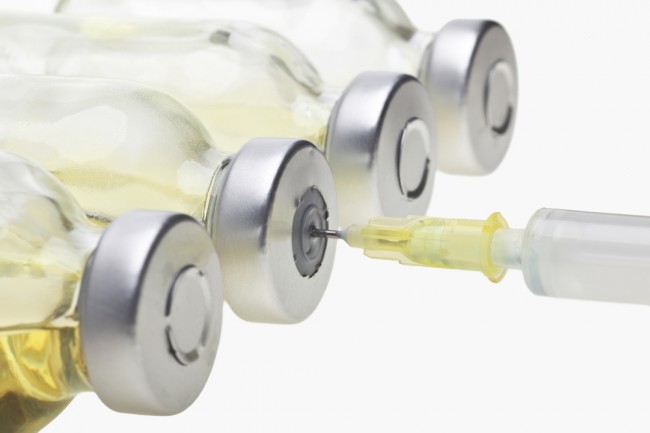OROGOLD Reports: New Innovation Soon to be in High Demand – OROGOLD Reviews

One issue that has always been present in the medical industry is the debate on the different ways to test out new drugs whilst they are still in the research and developmental phase. Currently, scientists culture cells, which are intended to mimic the cells in our body, on plastic dishes, before using this to test the toxicity of certain chemicals, as well as identifying different drug targets. They can also study the different ways that the cells function when they have certain diseases, such as cancer. However, as these cells develop, they stop mimicking the way in which human cells function, as they have been grown in such a clinical
GeniPhys is a new startup, founded by Sherry Harbin, that would seem to have the best solution yet. Harbin has spent the past ten years studying all of the different components that make up human tissue, as well as working on different methods of replicating this. Since collagen is the main structural protein in all of our connective tissues, with the body of every mammal, including ours, being made up of 25% to 35% protein, Harbin has used this to create an exciting new medical research tool.
Harbin’s creation involves collagen that can self-assemble to form fibers that closely mimic those in our own bodies. Scientists will be able to create customized three-dimensional tissues, as well as organs, which they can then use to test out chemicals and for other biological research.
This technology will also have a drastic impact on many of the medical products that are used today. There are many medical products that contain collagen, such as those small sponges used by doctors and dentists to control bleeding, but, in order for them to function as needed, these all undergo a vigorous chemical and physical process before they can be used. The only problem is that the more that the products are processed, the more their biological properties change.
Not only are GeniPhys manufacturing kits that scientists can use to create their own customized 3D cell systems, but those cells, when put into the human body, would also be able to instruct our own cells on certain things. This means that Harbin’s technology will soon be used in both human and animal medicine, including wound dressings, but it will also be used in organ replacements, implants that will be able to work with our own cells, and hybrid medical devices.
Since Harbin has been working with other professionals in the industry, as well as those in the FDA, it won’t be too long before the new technology is implemented. Not only will it be in high demand by medical agencies all over the world, but pharmaceutical companies will also be eager to try out this cheaper method of predicting human outcomes when it comes to testing out their new drugs.

